Alumni Stories
Mérida: Day 4 Through 10
Mérida is the capital of the Yucatan Peninsula, and despite being four hours from the coast, is a popular tourist destination thanks to its convenient location a few hours from Mayan ruins Chichén Itzá and Uxmal. Walking through the streets, I heard Spanish, French, Mayan, and Slavic languages: Mérida tourists come from all over the world to see the remains of ancient Mayan city-states.
A colorful Mérida street.
However, Mérida is also surrounded by cenotes, limestone sinkholes filled with fresh spring water. They were once possibly the main source of freshwater for the Mayans and the entrance into their underworld. Now, tourists are able to swim in many of them, though one has to be willing to make some very careful descents down slippery stairs (you feel like Alice going to Wonderland until you hit your head on a giant tree root). Some cenotes are open to the sky and rimmed by dangling roots, and others are “closed” with pale stalactites pointing down from the rock above.
It’s a little terrifying. Imagine your neighborhood pool, but over a hundred feet deep, under the ground, and once held sacred by a civilization thousands of years older than you (It’s fun, I promise.)
An “open” cenote full of tourists.
The Yucatán Peninsula is also home to a large indigenous population, most recognizably the Mayans, who have played notable roles throughout the Yucatán’s history, preColumbian and post-colonial. There were multiple indigenous revolts, including the Guerra de Castas, the caste war that drove out all the white Spaniards except those within a select few cities, such as Mérida. The Yucatán itself has declared itself an independent nation more than once, and the last remaining Spaniards finally gave Mexico sovereignty in exchange for help stopping the Mayan force. Today, the Yucatán continues to be unique from the rest of Mexico, with a distinct culture that includes cuisine specialties like sopa de lima (chicken and lime soup), cochinita pibil (pork cooked in banana leaves underground), and panuchos (a fried tortilla stuffed with beans and topped with lettuce, tomato, red onion, and meat). In Mérida itself, there are plenty of infinity-shaped conversation chairs and small cafes with which to start your morning with a cup of coffee and a soft, fresh concha!
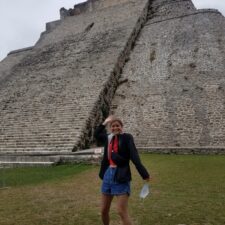
Molly Tierney
KIIS Maya Mexico Winter 2021-2022
Mathematical Economics
University Of Kentucky
Want to go on this program?

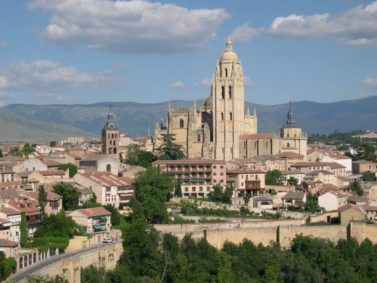

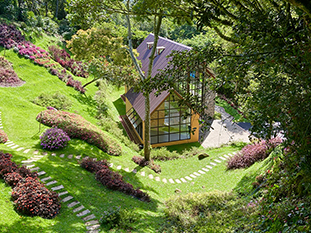

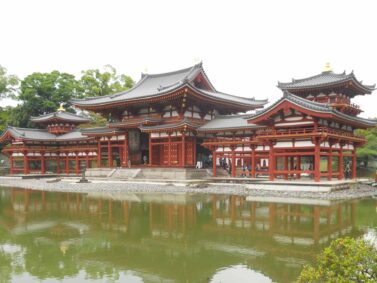

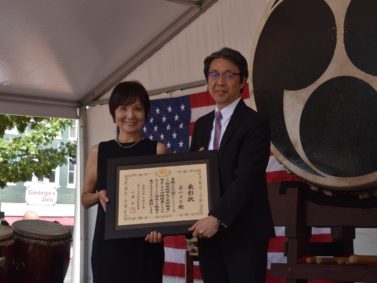
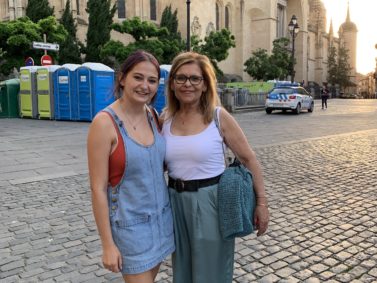

Comments (0)